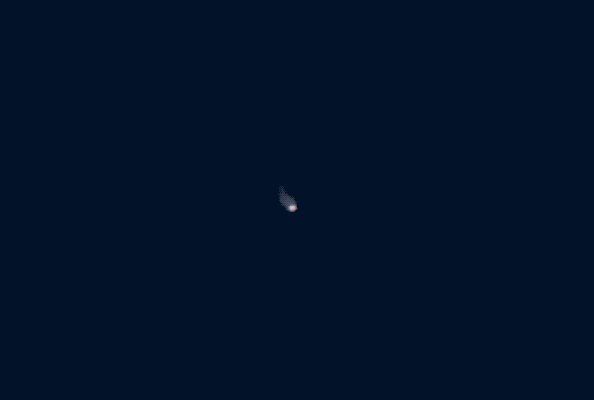The U.S. Federal Aviation Administration has let launch providers conduct their own investigations in nearly every instance that a launch mishap has occurred since the start of the century — a practice that needs closer scrutiny, a federal watchdog said in a new report.
The report, published Thursday by the U.S. Government Accountability Office (GAO), takes a close look at the investigations into launch mishaps, the industry term for when a launch ends in an explosion or other failure. Mishap investigations are a normal course of action and are generally under the aegis of the FAA — but this report reveals that the practice is basically entirely operator-led, with the FAA having inadequate resources for in-house investigations.
Of the 49 mishaps that occurred between 2000 and 2023, and for which FAA was the lead investigative authority, all were led by the launch operator, the report found. The one exception was an investigation into a fatal accident involving SpaceShipTwo in October 2014, for which the National Transportation Safety Board was the lead authority.
The FAA lets the launch company lead its own investigations for a number of reasons, officials told GAO. A close understanding of vehicle design and the underlying technology is necessary when undertaking a root cause investigation into a failure, and the operators know their vehicle best. FAA officials also estimated that in-house investigations would take 10-20 times longer than those led by the operator.
The U.S. Government Accountability Office said the FAA should develop criteria for determining when a mishap investigation is led by its office or the launch provider, the report said. It further found that the FAA has not evaluated the effectiveness of its “operator-reliant” mishap investigation process.
“FAA officials told us they make their decisions to authorize operator-led investigations depending on the level of investigation required, which is largely based on severity of the mishap or its consequences and may also take into consideration the level of public interest,” the report said. “However, in practice, FAA authorized the operator involved to lead the investigation of its mishap for all 49 mishaps for which FAA had lead investigative authority.”
Even when investigations are led by the launch company, the FAA still exercises some degree of oversight and involvement in the process. But some stakeholders questioned whether the launch companies “can be impartial or effective investigators of their own mishaps.”
Launch providers told the GAO that they take steps to maintain independence of their internal investigations, and others said that market incentives and insurance requirements can also create positive incentives for a rigorous, credible investigation process.
Regardless, GAO found that the FAA did not maintain criteria for evaluating the effectiveness of operator-led investigations, and has no formal channels for operators to share their findings with the wider industry.
“Without a comprehensive evaluation of the effectiveness of its operator-led mishap investigation process, FAA cannot be assured that its safety oversight is best achieving agency objectives in an area of critical importance,” GAO said.
